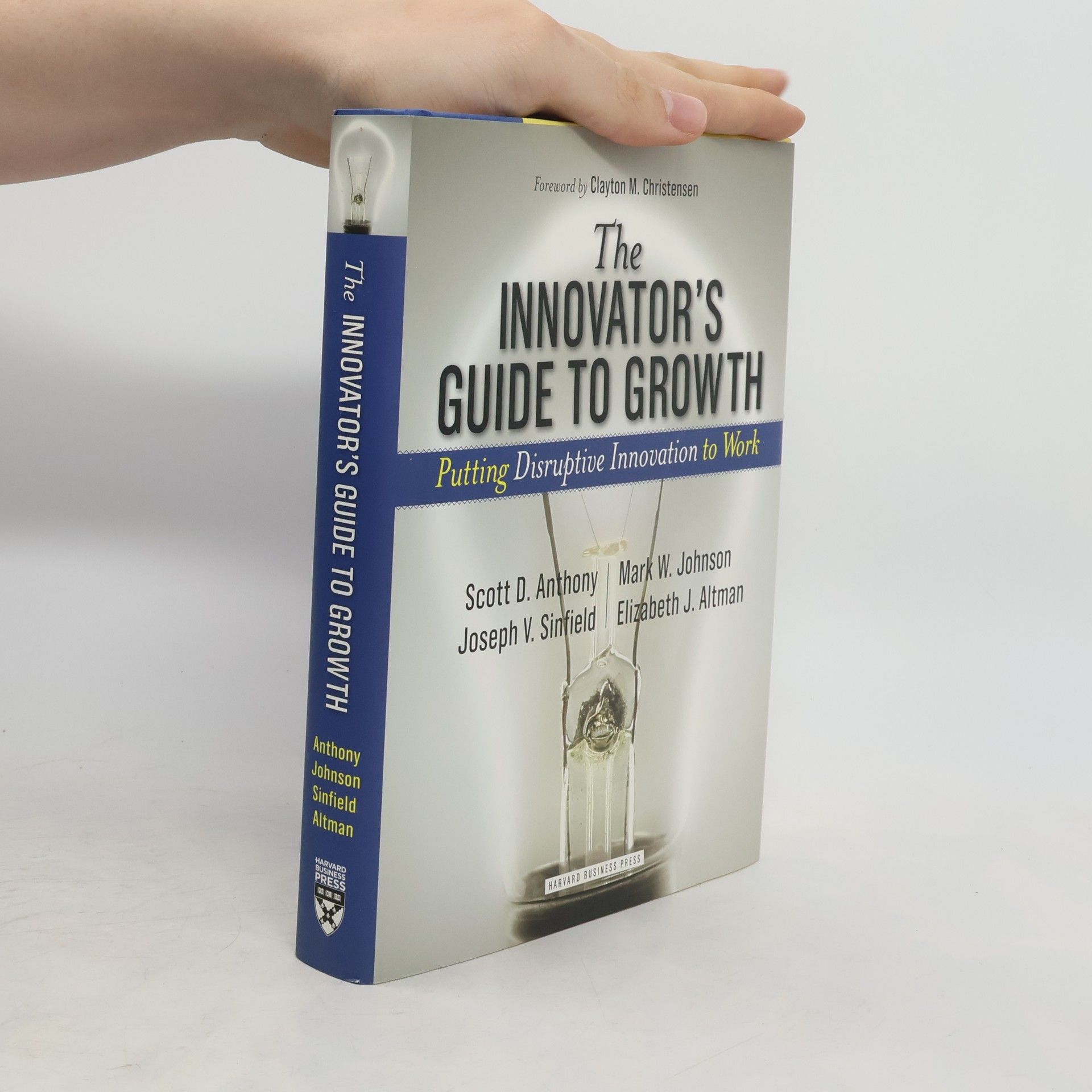Explains how to create a crucial capability for unlocking disruption's transformational power. This book provides a set of tools and approaches to innovation that have been honed through fieldwork with innovative companies like Procter & Gamble, Johnson & Johnson, Pepsi, Intel, Motorola, SAP, and Cisco Systems.
Anthony O. Scott Livres
Scott D. Anthony est le associé directeur du cabinet de conseil en innovation et croissance Innosight. Basé dans le bureau de Singapour d'Innosight, il dirige également sa branche d'investissement en capital-risque (Innosight Ventures). Ses livres les plus récents sont The Little Black Book of Innovation et le nouveau HBR Single, Building a Growth Factory. Suivez-le sur Twitter à @ScottDAnthony.


Wir alle sind Kritiker. Ob im Kino, im Restaurant oder beim Fußball, wir wissen sofort genau, was gut war und was in die Hose gegangen ist. Und wir machen unser Urteil auch gleich in allen möglichen Medien öffentlich: Daumen rauf, Daumen runter. Reicht das? A. O. Scott, in der „New York Times“ für die Filmkritik verantwortlich, hat da so seine Zweifel. Er plädiert dafür, die Kritik als eine Kunst zu betrachten. Nicht der spontane Reflex zählt, sondern die fundierte Kenntnis, dazu das genaue Argument, das zu einem begründeten Urteil führt. Langweilig? Überhaupt nicht. Das feine Urteil als hohe Kunst betrieben macht unsere Gespräche interessanter, egal, ob es um Romane oder um Rotwein geht.